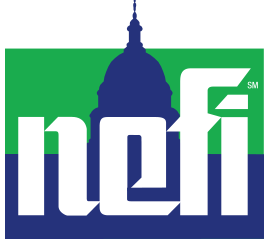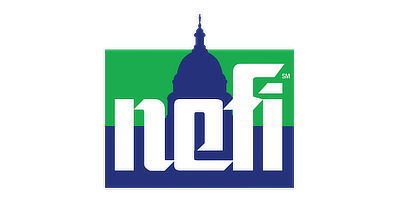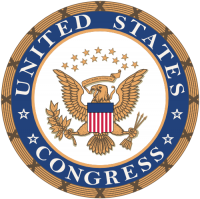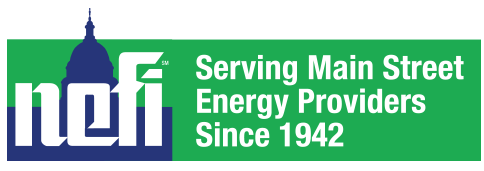The federal government shutdown has now entered its sixth week with no resolution in sight; it has been shut down for 34 days as this article was going to print. The House remains out of session, as it has been since late September, and Speaker Mike Johnson has affirmed multiple times that lawmakers in the House will not return until the government is re-opened. Meanwhile, the Senate has failed 13 times to advance the House-passed Continuing Resolution (CR), which would fund the government through November 21. Every attempt to clear the 60-vote threshold has fallen short. Three members of the Democratic caucus – Senators Angus King (I-ME), John Fetterman (D-PA), and Catherine Cortez Masto (D-NV) – continue to support the measure, but Republicans remain five votes short of breaking the filibuster.
Last Thursday, President Trump urged Republican Senators on social media to "play their 'TRUMP CARD'" by invoking the so-called Nuclear Option - eliminating the Senate filibuster entirely. This proposal, however, has long faced resistance from GOP leadership. Senate Majority Leader John Thune (R-SD) reiterated his commitment to preserving the filibuster back in January, calling it an essential safeguard in his opening speech as majority leader. Speaker of the House Mike Johnson (R-LA) chimed in and warned that removing the filibuster could allow Democrats to push through their priorities if they regain control of the Senate, noting, "If the shoe was on the other foot, I don't think our team would like it."
At the center of the stalemate is a dispute over expiring enhanced health insurance tax credits, a top Democratic priority. These credits are set to expire at the end of the year, and with open enrollment beginning November 1, pressure is expected to intensify as Americans face higher health insurance costs.
Bipartisan talks among Senators continued over the weekend, and there is some optimism about reaching a resolution. However, party leadership remains entrenched, with both sides refusing to meet directly.
The lapse in SNAP benefits has emerged as a major pain point in negotiations. Democrats have expanded their messaging to include food assistance after weeks of focusing on health care subsidies. However, a potential crisis over SNAP funding may be temporarily mitigated: a federal judge in Rhode Island issued an order Saturday requiring the Agriculture Department to make full food stamp payments by the end of Monday or, alternatively, partial payments by Wednesday.
Earlier this month, NEFI published a detailed breakdown of how the shutdown impacts on our members, which remains available on our website.
There are no congressional hearings of interest scheduled for this week.

 Admin - 10:00 am -
November 04th, 2025
Admin - 10:00 am -
November 04th, 2025 







